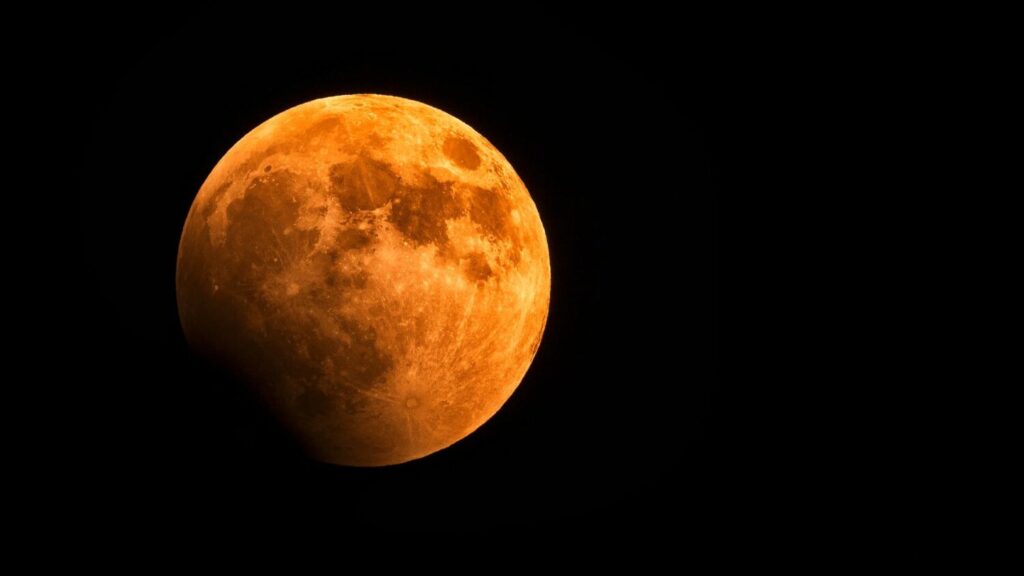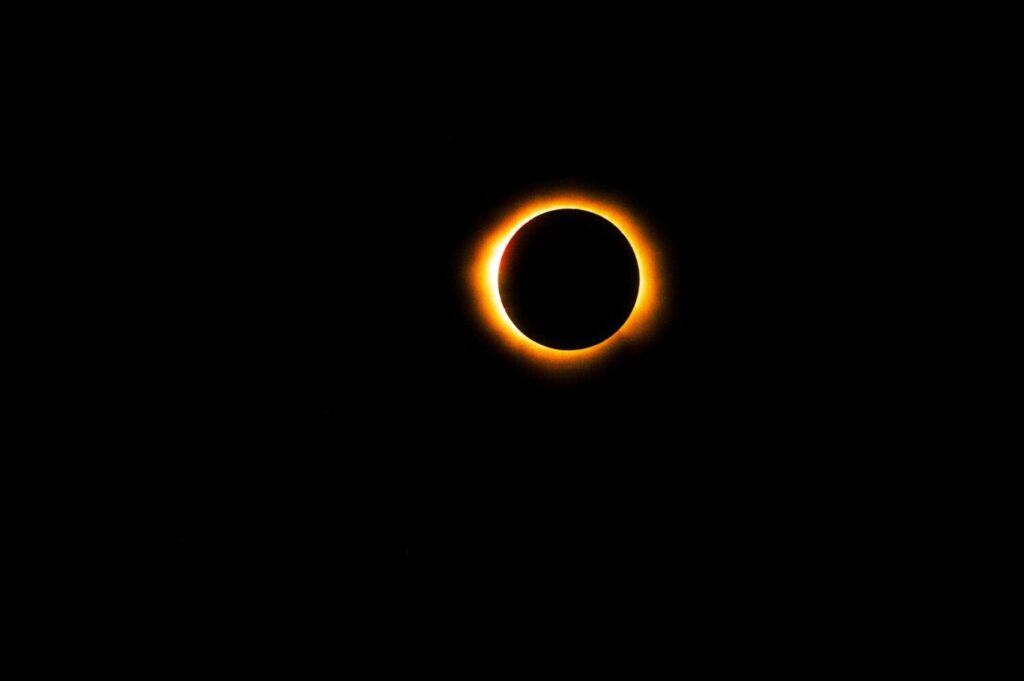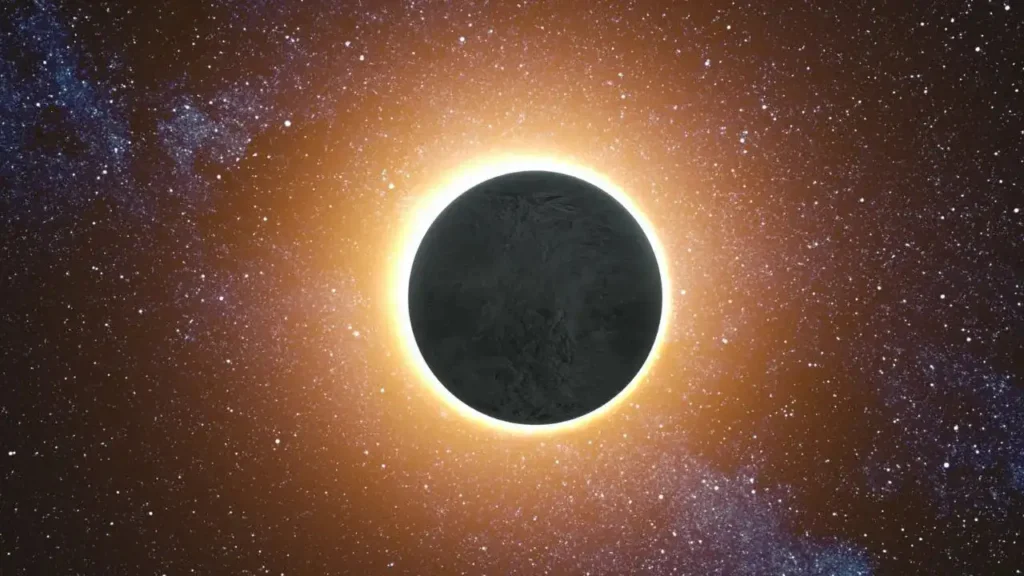Introduction: The Buzz Around a Solar Eclipse Today
Social media platforms like X and TikTok have been buzzing with claims of a “once-in-a-century” solar eclipse on August 2, 2025, promising six minutes of total darkness. But is there really a solar eclipse today?
Let’s clarify with verified facts from NASA and astronomers, explore upcoming eclipses, and share tips for safe viewing.
This article addresses the viral claims and highlights what skywatchers can anticipate in the coming years.

No Solar Eclipse on August 2, 2025 – The Truth Behind the Hype
Despite the rumors, there is no solar eclipse scheduled for August 2, 2025, per NASA and other astronomical sources.
The viral claims likely stem from confusion with the August 2, 2027, total solar eclipse, dubbed the “Eclipse of the Century” for its duration of up to 6 minutes and 23 seconds. Misinformation has spread due to mislabeled posts claiming global darkness today.
Why the Confusion About August 2, 2025?
The hype likely arose from misdated infographics and social media posts confusing 2025 with the 2027 event. Solar eclipses occur during a new moon, but August 2, 2025, doesn’t align with this phase.
The next solar eclipse in 2025 is a partial solar eclipse on September 21, 2025, visible in parts of Australia, Antarctica, and the Pacific and Atlantic Oceans.Upcoming Solar Eclipses to Watch For
While there’s no eclipse today, here are confirmed upcoming solar eclipses:
- September 21, 2025: A partial solar eclipse visible in Australia, Antarctica, and parts of the Pacific and Atlantic Oceans, showing a crescent-shaped Sun.
- February 17, 2026: An annular solar eclipse with a “ring of fire” visible in Antarctica and partial views in Africa, South America, and the Pacific, Atlantic, and Indian Oceans.
- August 12, 2026: A total solar eclipse visible in Greenland, Iceland, Spain, Russia, and parts of Portugal, with partial visibility in North America, Europe, and Africa.
- August 2, 2027: The much-anticipated total solar eclipse, lasting up to 6 minutes and 23 seconds, visible across Southern Europe, North Africa, and the Middle East.

Why the 2027 Eclipse Is Special
The August 2, 2027, total solar eclipse stands out due to unique conditions:
- Earth at Aphelion: The Sun appears smaller as Earth is farthest from it.
- Moon at Perigee: The Moon appears larger, fully covering the Sun for a longer period.
- Near-Equator Path: The eclipse’s path slows the Moon’s shadow, extending totality.
This rare alignment makes it a must-see, with prime viewing in Spain, Egypt, and Morocco.
Safe Viewing Tips for Future Eclipses
Never look directly at the Sun during an eclipse without protection. Here’s how to view safely:
- Use ISO-Certified Solar Glasses: Regular sunglasses are unsafe; use eclipse glasses certified by ISRO or ISO standards.
- Pinhole Projectors: Create a simple projector with cardboard for indirect viewing.
- Telescopes or Binoculars with Solar Filters: Ensure optical devices have proper solar filters.
- Check Local Times: Use NASA’s Eclipse Website or TimeandDate.com for accurate viewing times.
Why Solar Eclipses Fascinate Us
Solar eclipses have long captivated humanity, once seen as omens, now studied for insights into the Sun’s corona and magnetic fields.
The 2027 eclipse will offer a rare chance for research and stunning photography.

How to Prepare for the 2027 Eclipse
To get ready for the August 2, 2027, eclipse:
- Plan Your Trip: Book early for prime spots like Luxor, Egypt, or Tarifa, Spain, as tourism demand will be high.
- Join Eclipse Tours: Guided tours offer a hassle-free experience.
- Stay Informed: Follow NASA, ESA, or TimeandDate.com for updates.
- Practice Safe Viewing: Secure certified solar glasses or projection tools in advance.
Conclusion: Mark Your Calendar for 2027
There’s no solar eclipse today, August 2, 2025, but the viral buzz shows our fascination with these events. The real “Eclipse of the Century” arrives on August 2, 2027, promising a spectacular show. Stay informed with trusted sources like NASA, and prepare for the partial eclipse on September 21, 2025.
Keep your solar glasses ready and enjoy the cosmos safely!
Call to Action
Have you seen a solar eclipse? Share your story in the comments, and tell us if you’re planning for 2027! Subscribe to our newsletter or follow us on social media for astronomy updates.

Comments